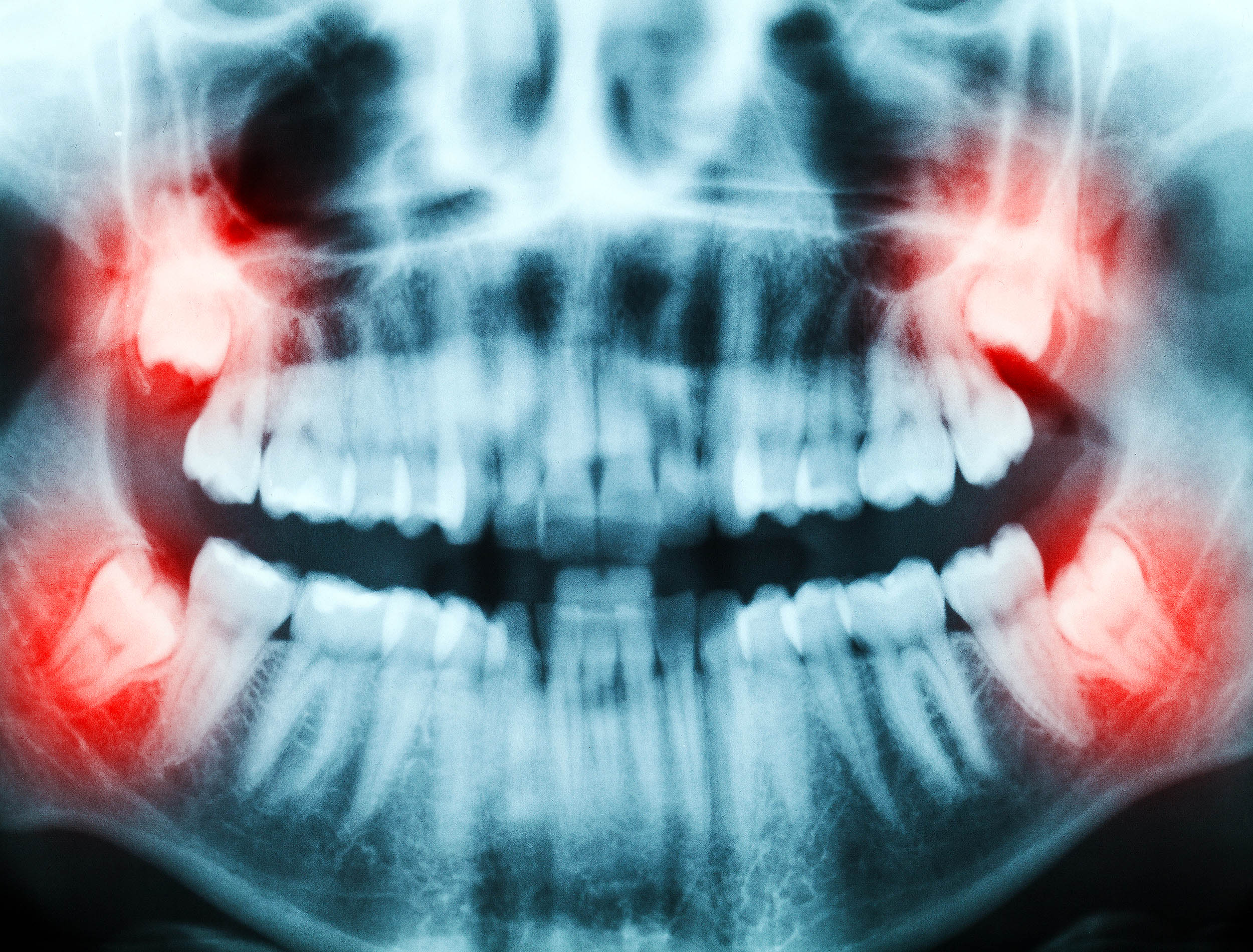Wisdom teeth, often viewed as expendable, are gaining recognition as a valuable source of stem cells with potential to treat numerous diseases. Researchers have discovered that dental pulp within these extracted teeth contains cells capable of transforming into neurons, heart muscle, or bone tissue.
Approximately 10 million wisdom teeth are removed annually in the US, often discarded as waste. However, companies are now offering preservation kits allowing patients to bank these cells for future regenerative therapies. Unlike embryonic or cord blood stem cells, dental pulp cells pose minimal ethical concerns.
Pre-clinical studies show promise in treating Parkinson’s and Alzheimer’s diseases, with cells potentially replacing lost neurons and clearing harmful plaques. Early trials using similar stem cells have shown successful dopamine release in Parkinson’s patients.
Banking one’s own stem cells eliminates immune rejection risks and streamlines treatment timelines. Beyond neurological applications, these cells demonstrate potential in jaw reconstruction, cardiac repair, and cartilage regeneration. While long-term safety data is still needed, researchers are planning multicenter trials comparing pulp-cell implants with existing treatments. Equitable access to this technology remains a key consideration, ensuring it doesn’t become limited to those who can afford it.


Comments (0)
No comments yet